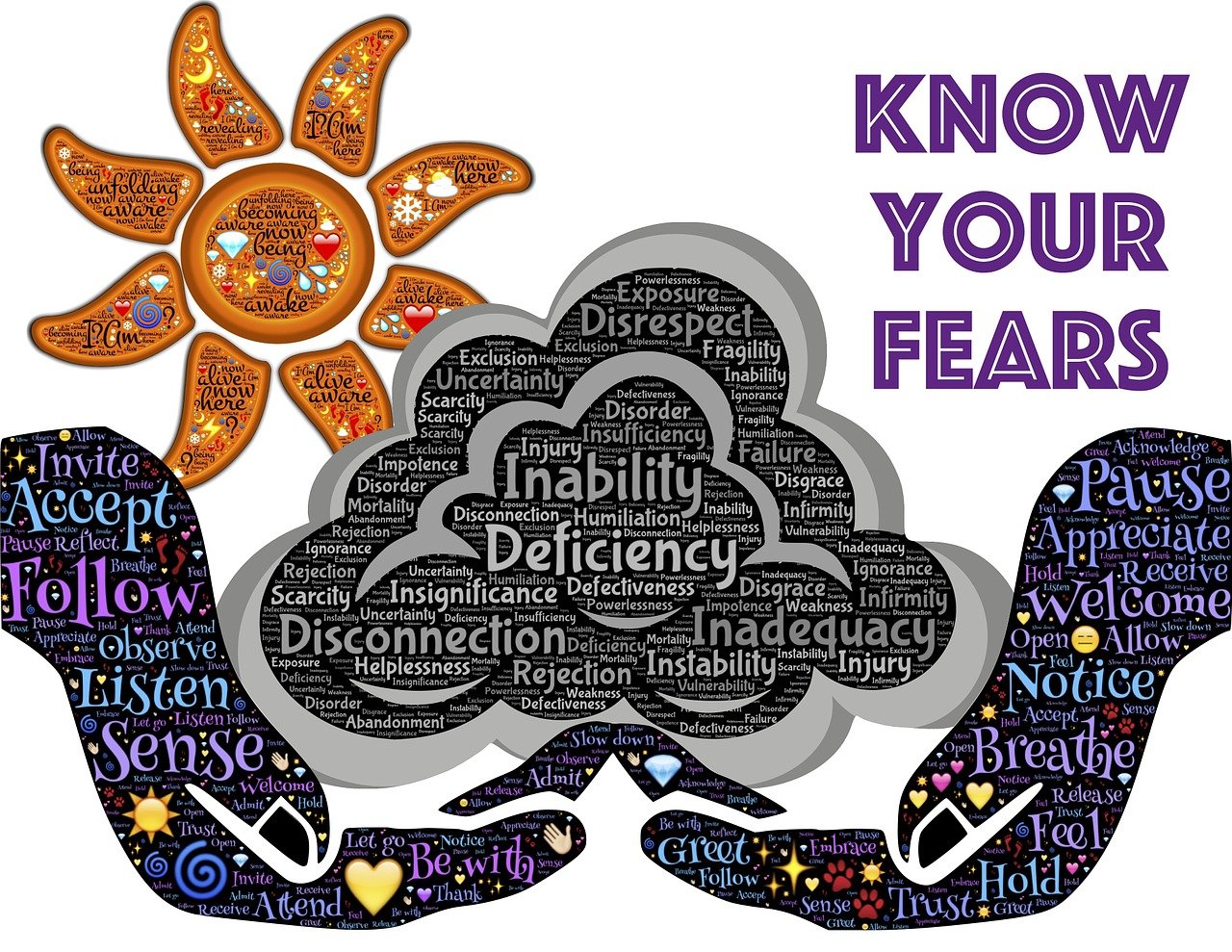The journey of self-discovery is a deeply personal and ongoing process. By reflecting on your past,
exploring new experiences, and aligning your strengths with your values, you can uncover your true or
hidden passions. Remember, passion isn’t always a lightning bolt moment—it can be a gradual
realization that unfolds as you explore, reflect, and grow. The key is to stay curious, be open to change,
and trust that your journey will lead you to a more authentic and fulfilling life.
Embarking on the journey of self-discovery is like setting sail into uncharted waters, guided by curiosity
and the desire for a more fulfilling life. Whether you’re seeking your true passion or looking to unearth
hidden interests, the process involves deep introspection, exploration, and a willingness to embrace
change.
As per my Experience below are key steps that can help you discovering your true passion or hidden
passion:-
- Reflect on Your Childhood Interests
Look Back: Think about the activities you loved as a child. What did you naturally gravitate
toward? Often, childhood interests hold clues to our deepest passions. Whether it was drawing,
building things, or helping others, these early inclinations can guide your present-day pursuits. Reconnect: Try revisiting these activities. Sometimes, reconnecting with a long-forgotten hobby
can reignite a spark that leads to discovering a passion you didn’t even know you had. - Identify What Energizes You
Observe Your Energy: Pay attention to the moments when you feel most energized and
engaged. What activities make time fly by? When do you feel truly alive? These are strong
indicators of your passions.
Keep a Journal: Start a daily or weekly journal where you note down activities that excite you.
Over time, patterns may emerge that highlight where your true interests lie. - Explore New Experiences
Step Out of Your Comfort Zone: Passion discovery often requires venturing beyond the familiar.
Take up new hobbies, join different communities, or explore fields that pique your curiosity.
Even if something doesn’t turn into a passion, it will add to your self-awareness.
Experiment: Don’t be afraid to try and fail. Each new experience teaches you more about
yourself and helps refine your understanding of what truly resonates with you. - Analyze Your Strengths and Values
Evaluate Your Skills: Consider the things you’re naturally good at. Passion often intersects with
talent. Your strengths could point toward a passion waiting to be fully realized.
Align with Your Values: Identify what matters most to you in life. Your core values can act as a
compass in finding your true passion, ensuring that what you pursue is meaningful and fulfilling. - Seek Feedback and Guidance
Ask Trusted People: Sometimes, others can see things in us that we overlook. Ask friends,
family, or mentors what they think you’re passionate about or excel at. Their insights might
surprise you and offer a fresh perspective.
Find a Mentor: Connecting with someone who has already found their passion can provide
valuable guidance and inspiration. They can help you navigate the path to discovering your own. - Practice Mindfulness and Introspection
Create Space for Reflection: Regularly set aside time to reflect on your thoughts, feelings, and
experiences. Mindfulness practices like meditation can help you tune into your inner voice,
making it easier to identify what truly matters to you.
Listen to Your Intuition: Often, our intuition knows our passions before our conscious mind
does. Pay attention to those gut feelings and instincts that guide you toward certain activities or
ideas. - Embrace the Process and Be Patient
Accept That Discovery Takes Time: Finding your true passion is a journey, not a race. It’s okay if
it takes time. Each step forward is progress, even if it doesn’t immediately reveal the answer.
Stay Open to Change: As you evolve, so too might your passions. What excites you today might
shift tomorrow, and that’s perfectly normal. Embrace the fluidity of your interests as part of
your growth.

